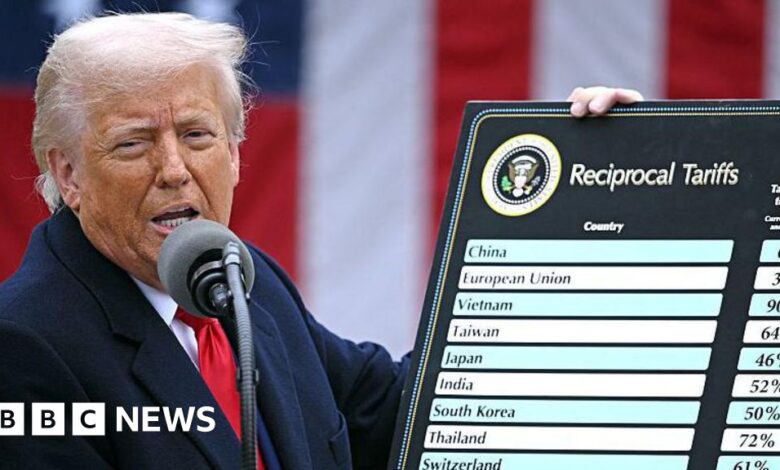Trump tariff ruling completely changes the global trade war

The Trump administration’s trade tariffs have hit a roadblock as a dozen states and small businesses challenge the legality of the policy in court. The use of national emergency powers to impose tariffs has been deemed unconstitutional, raising doubts about the future of these tariffs.
The separation of powers in the US Constitution gives Congress authority over trade policy, not the president. By bypassing Congress and unilaterally imposing tariffs, Trump has overstepped his bounds. The Supreme Court will now have to weigh in on the legality of these actions.
The court’s decision has significant implications for the US economy. Businesses are already feeling the impact of these tariffs, with some facing financial strain and potential closure. The government’s argument that tariffs create leverage for trade deals has been rejected, undermining the administration’s trade strategy.
With the courts ruling against the tariffs, the White House faces a tough battle to push them through Congress. Other countries are likely to exploit this legal setback to pressure key lawmakers and protect their own interests. The administration may have to consider alternative legal avenues or industry-specific tariffs to salvage its trade war strategy.
Overall, the court’s decision highlights the economic harm caused by the tariffs and the need for a more strategic approach to trade policy. As the White House scrambles to defend its actions, the world watches to see how this legal battle will shape the future of global trade.




